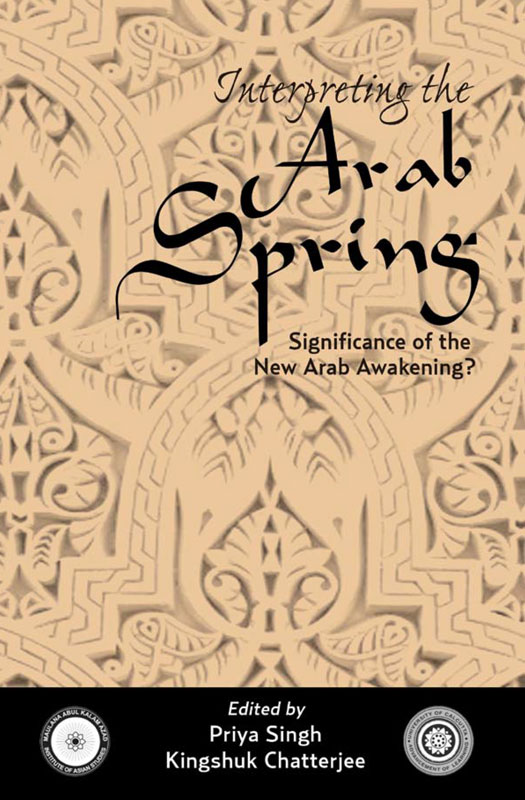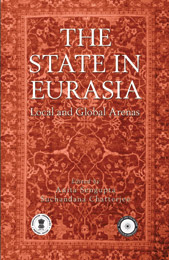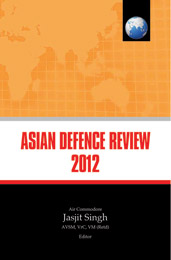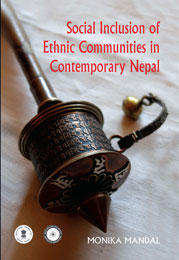Subjects
Interpreting the Arab Spring Significance of the New Arab Awakening?
Priya Singh and Kingshuk Chatterjee
The Arab Spring, widely perceived as a momentous event in West Asia, has evoked a persistent flow of interpretation and analysis by academic experts and policy-makers since the upheaval first broke out in December 2010 and the pace of events suggests the flow of analysis on this issue will continue. Like all great social upheavals, the Arab Spring was long-drawn-out in its realisation and born of many factors that are intertwined. It could have occurred any time during the course of the last two or three decades but each passing year brought to the forefront new developments that made it that much more imminent. Economic problems, social problems, political problems, juridical problems and diplomatic problems combined to contribute to an uncompromising sense of grievance across the Arab world that ultimately manifested itself in the Arab spring and winter of 2011. This volume comes out of a conference organised by the Maulana Abul Kalam Azad Institute of Asian Studies, in collaboration with Institute of Foreign Policy Studies and Centre of Pakistan and West Asian Studies, in which an attempt was made to discuss these issues threadbare.


 Political Science
Political Science



